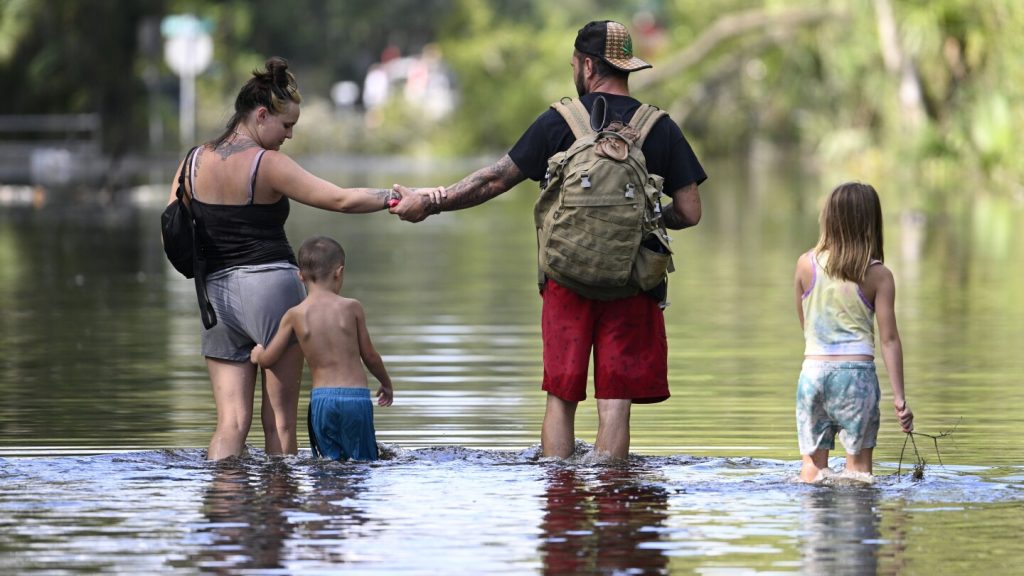Hurricanes serve as reminders of the powerful and chaotic nature of Earth’s weather, with recent hurricanes affecting regions in the Southeast. Despite conspiracy theories suggesting that the government might be targeting certain areas, historical weather data shows that hurricanes have been hitting the same regions for centuries. Meteorologists and atmospheric scientists emphasize that controlling the weather is beyond human capabilities, and attempting to do so would result in unintended consequences and destruction.
The power of hurricanes, exacerbated by climate change, poses a significant challenge for humanity. Climate change contributes to the intensification of hurricanes through warmer oceans and increased atmospheric moisture, leading to more destructive storms. Despite the immense energy generated by hurricanes, attempting to control or change them is considered arrogant and unattainable by researchers. Efforts to manipulate hurricanes in the past, such as Project STORMFURY and dropping dry ice into storms, have been unsuccessful, highlighting the complexity of atmospheric dynamics.
In the realm of climate engineering, scientists are exploring ways to combat climate change on a larger scale, rather than targeting individual storms. Solar geoengineering, the process of releasing aerosol particles into the atmosphere to reflect sunlight and cool the planet, is one potential technique being discussed. While this approach poses risks and ethical concerns, proponents argue that it could have significant benefits, particularly for vulnerable populations. Some experts caution against meddling with the atmosphere, as it could lead to unforeseen consequences and create new problems.
While geoengineering strategies may offer solutions to mitigate climate change and extreme weather events in the future, researchers emphasize that reducing greenhouse gas emissions remains the most critical step. By addressing the root causes of climate change, society can make meaningful progress in protecting the environment and preventing catastrophic weather events. The debate over climate intervention highlights the complexities and potential risks associated with manipulating Earth’s climate system, underscoring the need for ethical frameworks and careful consideration of the consequences of such approaches.
Despite the allure of technological solutions to combat climate change, experts stress the importance of prioritizing emission reductions and sustainable practices to address the root causes of global warming. While geoengineering may offer potential benefits in mitigating the impacts of hurricanes and other extreme weather events, it should be viewed as part of a broader strategy that includes carbon mitigation efforts. Discussions around climate intervention raise ethical considerations and the importance of ensuring that any interventions have a minimal impact on the environment and human societies. As the world grapples with the challenges of climate change, a comprehensive and holistic approach is needed to safeguard the planet for future generations.














